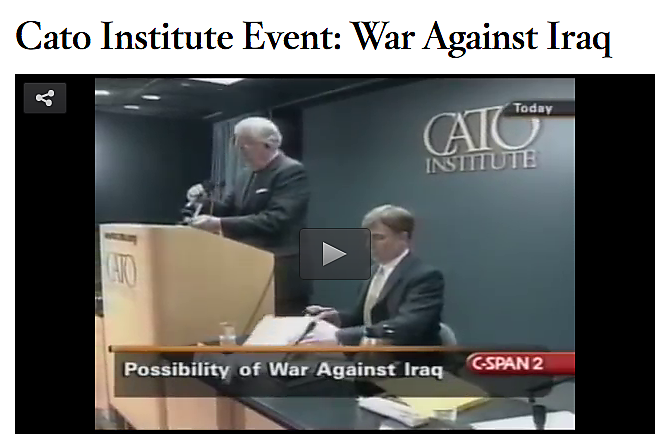Two years ago protestors took over the streets of Istanbul, Turkey’s first city. Prime Minister Recep Tayyip Erdogan beat them down and last year he was elected president. His critics feared his plan to invest the largely ceremonial post with Putin-like authority. On Sunday, however, Turkish voters revoked his party’s majority.
The Justice and Development Party (AKP) came to power in 2002. Erdogan initially allied with liberals to systematically dismantle the authoritarian system that had replaced the Ottoman Empire.
The military came to dominate politics. At times, they executed and jailed opponents. Eventually, the nationalist establishment imploded. Weak coalition governments tolerated corruption and delivered economic malaise. In 2002, the AKP won a dramatic victory.
With Erdogan at its head, the party delivered liberty and prosperity. The new government dismantled repressive elements of the “Deep State,” put the military back in its barracks, created a more business-friendly environment, moved towards Europe, and pushed social reforms. The Turkish people rewarded the AKP with a steadily larger proportion of their votes.
Today, however, Erdogan denounces critics domestic and foreign, using every repressive tool of the state against them. He dallies with Islamist and terrorist forces as he tries to make Turkey into a regional Weltmacht. He lives in a $615 million presidential palace, four times the size of Versailles.
But now the Turkish economic engine is slowing. Growth greatly increased opportunities for corruption, yet Erdogan has attempted to shut down all investigations.
Although elections remain free, Freedom House rated Turkey only as partly free. The State Department’s human rights assessment notes interference with freedom of assembly and expression and impunity for security forces.
After battling against misuse of security laws, Erdogan deployed the legislation against military officers and civilians. He has led a particularly virulent campaign of intimidation against journalists, as Turkey has led the world in the number of imprisoned journalists for years.
Several reporters and columnists with whom I spoke feared criticizing the prime minister. Their editors were reluctant to pursue stories against the government. The government also applies sustained though often invisible pressure on media organizations, including the threat of public investigations and loss of television licenses.
After taming the traditional press, the Erdogan government began targeting internet freedoms. Those charged for their comments include a former Miss Turkey and a 16-year-old student.
While relaxing unfair restrictions on Muslims—such as the ban on women wearing headscarves—the government has yet to address the lack of legal protection for religious worship and practice by every faith. Anti-Semitism also is on the rise.
Turkey needs an Arab Spring of sorts, but one within the democratic process. On Sunday, that movement began. The AKP received less than 41 percent of the vote, down from roughly 50 percent four years ago. The ruling party fell 18 seats short of a majority in the 550-member Grand National Assembly.
Prime Minister Ahmet Davutoglu may not survive. Certainly Erdogan’s vision of an enhanced presidency appears dead. The government no longer can even pass common legislation if the opposition unites.
The electoral result also is likely to embolden Erdogan’s opponents. For the first time in more than a decade, AKP rule no longer appears inevitable.
As I point out in Forbes online: “Indeed, Erdogan may find it hard to control his party. Davutoglu holds the stronger institutional position and may enjoy making his own decisions. Erdogan might try to oust his critics, but an intra-party civil war could wreck the AKP and government. Potential aspirants for power abound, led by Abdullah Gul, a former AKP prime minister, foreign minister, and president.”
Of course, fear of losing power could impel Erdogan to launch a crackdown. But doubling down would be risky. He can’t fully trust the military or the police, and has lost popular support.
President Erdogan made the democratic transformation of Turkish politics possible. The Turkish people must take full advantage of their opportunities in a new Turkey. Only they can ensure a prosperous and free Turkey.

